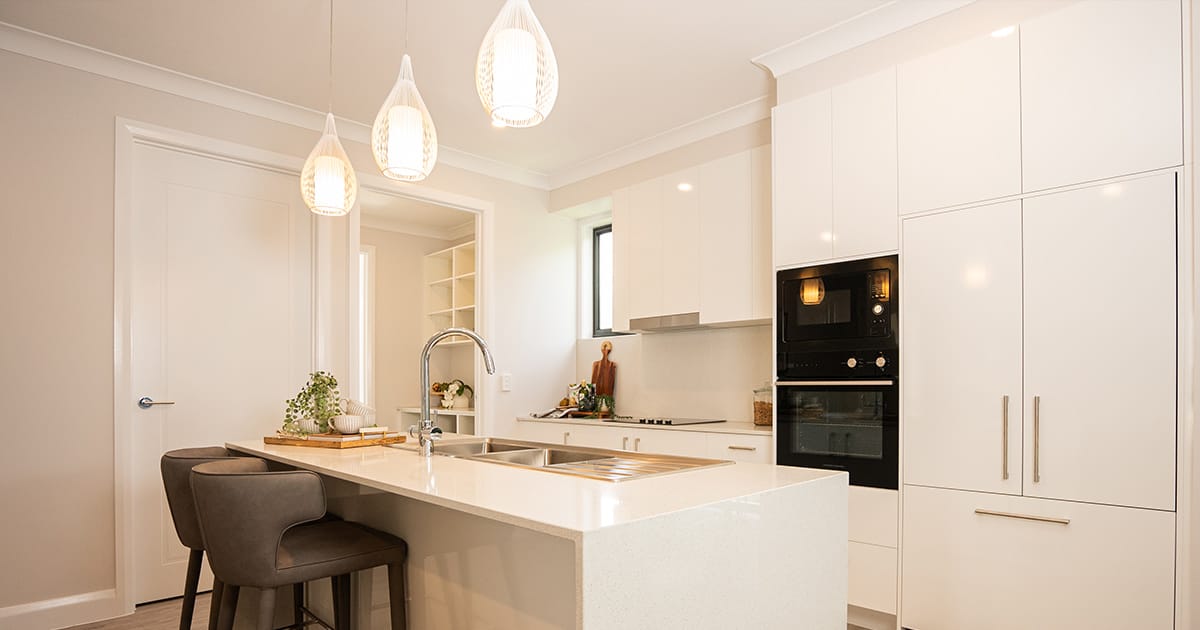Expert energy-saving tips

From simple changes around the house to mindful energy consumption habits, there are a range of practices homeowners can adopt to reduce power bills and minimise the strain on the power grid.
If you’re looking for some easy, practical tips to put into action straight away, take a look at these seven energy-saving strategies to help empower your household, plus do your bit for a more sustainable future.
Close blinds, curtains and doors during very hot or cold days
Sunlight can significantly increase the temperature inside your home.
Keep blinds and curtains closed during very hot days, especially during the hottest part of the day, to block out solar heat. The same is true for chilly days when you want to keep warm inside the house.
Use fans strategically
Ceiling fans commonly consume less electricity than air-conditioning units and can be effective in cooling down rooms when used correctly during hot days. Ensure they are turned off in unoccupied rooms.
Set air conditioning efficiently
If using air conditioning, set the thermostat as high as comfortably possible. Each degree higher or lower can save on cooling and heating costs. Consider programming the thermostat to adjust temperatures for the season.
Use solar energy when it is abundant
Consider scheduling activities like baking, stovetop cooking, using dishwashers, washing machines, and dryers when the solar PV system is producing at its peak (between 9am and 4pm). This will help maximise the amount of clean and cheap electricity used.
However, during overcast and humid days, when solar panels are not producing as much electricity, consider minimising these activities (at least during the hottest part of the day), given these activities can add extra heat to your home, thus increasing the need for more cooling.
Maintain air-conditioning systems
Regular maintenance of air conditioners ensures they operate efficiently and use less energy.
Reducing hot water
Heating water is one of the biggest energy users when washing clothes. Washing in cold water saves energy and money. However, be aware that some machines need both hot and cold water to function properly.
Use efficient appliances
Appliances can account for around 25 percent of home energy use, so choosing the most energy-efficient appliance can bring savings. If it is time to replace old appliances, opt for energy-efficient ones. Look for the ENERGY STAR label when choosing appliances such as fridges, washing machines, dryers, televisions, and computer screens.
For instance, a 600-litre fridge rated at 1-star costs approximately $2000 annually. The same fridge, rated at 8 stars, costs around $950 per annum to run, which is around half the running costs of the less efficient appliance.
Energy and water rating calculators
The Australian Government has created energy and water rating calculators that will allow you to compare products, including sizes and options, and see the savings.
Energy Rating Calculator
bit.ly/4dGbbrx
WELS – Product Search
bit.ly/3yuEX2n







